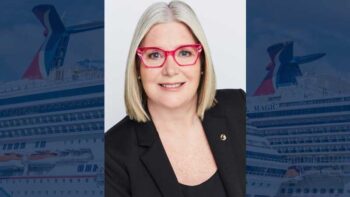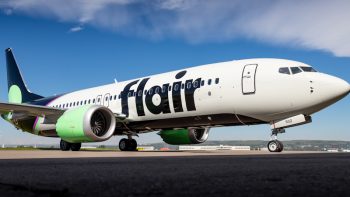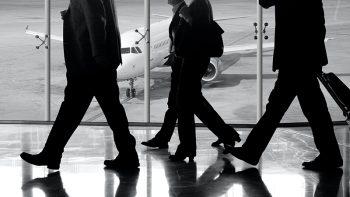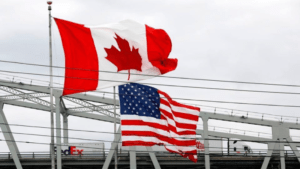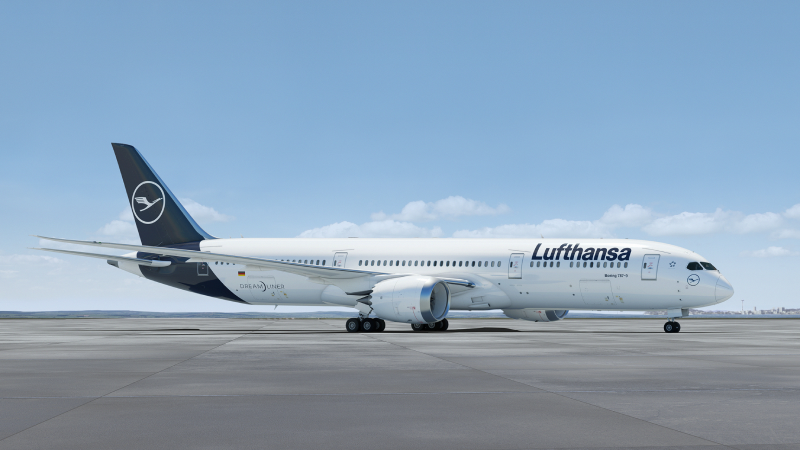
It happened in North America. And now it may be happening in Europe.
European airlines are engaged in a sort of merger mania, with parts of many smaller airlines getting snapped up by the big boys. Experts say it’s similar to the consolidation which occurred in the United States and Canada, eliminating smaller players. Experts warn the upshot is those the cheap European airfares your clients have come to rely on may be coming to an end.
The Globe and Mail notes that Germany’s Lufthansa has agreed to buy a 41% stake in Italy’s ITA, the successor to bankrupt Alitalia, for CAD $467 million. IAG, the parent company of British Airways, Iberia, Vueling and Aer Lingus, has agreed to buy the 80% of Spain’s Air Europa it does not already own for $585 million. Air France-KLM wants to take 20% of struggling Scandinavian carrier SAS. On top of all that, the Globe said the government of Portugal has put national carrier TAP on the auction block, with bids expected from Europe’s biggest airline groups.
Bloomberg reports The European Commission is expected to approve the Lufthansa equity stake in ITA by 4JUL 2024.
The Europe-wide merger talk is alarming to consumer and travel groups.
“Over the last decades, liberalization has led to cheaper, safer, and more comprehensive air connections throughout the EU,” the European Passengers Federation said in a statement. “This was driven in large parts by vigorous competition between airlines.
“Now, the European air travel industry stands at a crossroads. Large and increasingly dominant airline groups have formed in successive mergers. In other markets, such as the United States, a high level of consolidation and the resulting lack of competition led to higher prices, lower quality services and fewer satisfied air passengers.
EU Travel Tech, an advocacy group formerly the European Technology and Travel Services Association, said the top five European airlines accounted for 47% of intra-EU traffic in 2005. That figure is set to rise to 73.5% this year.
“The past years have also clearly shown that dominant transport operators do not only further entrench their strong market positions, but routinely abuse them, notably by discriminating against intermediaries, to the detriment of passengers and competitors. The European Commission must fully play its crucial role as the guardian of competitive European markets,” said Emmanuel Mounier, Secretary General of EU Travel Tech.
Bloomberg said the final conditions for deal approval aren’t yet known, but there are reports that Lufthansa Group has proposed keeping ITA Airways’ transatlantic business separate for several years to allay the EC competition watchdog’s concerns.
European consumer groups have urged the EC not to fall victim to political pressure and “not shy away from using the tools at its disposal” to prevent any potential anti-competitive effect, Business Travel News Europe said in a report.
“Airline bosses endlessly trot out the same arguments for snapping up rivals,” The Globe and Mail’s Eric Reguly wrote on 21JUN. “They say consolidation will make the bigger airlines, and airline groups, more profitable, allowing them to renew their fleets and offer reliable, expanded service.
“They carefully avoid telling regulators how much they expect ticket prices to rise as competitors are eliminated.”
Earlier this year, Carsten Spohr, Deutsche Lufthansa AG's chief executive officer (CEO), said that the company's purchase of a large stake in ITA is “a win-win situation for Italy, ITA Airways, and Lufthansa Group.”
“And it is good news for Italian consumers and for Europe, because a stronger ITA will invigorate competition in the Italian market. As part of the Lufthansa Group family, ITA can develop into a sustainable and profitable airline, connecting Italy with Europe and the world. At the same time, this investment will enable us to continue our growth in one of our most important markets."


